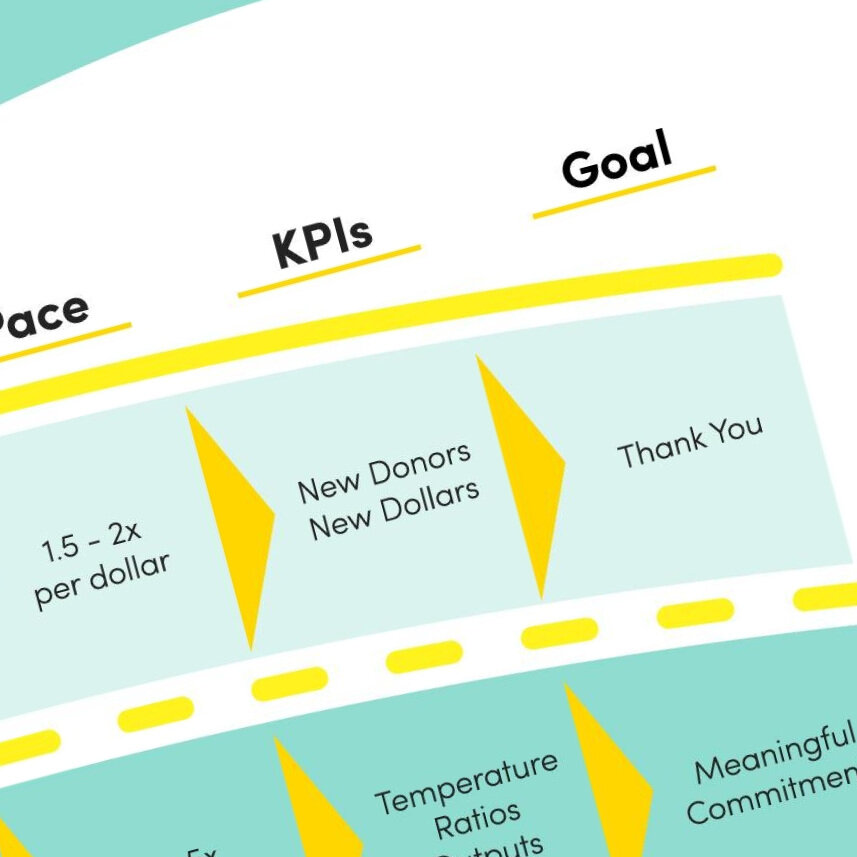What are the fears lurking behind our thank you calls?
This week my client and I were discussing the opportunity that she would have in early January to make thank you calls. I encouraged her to see just how many meaningful conversations she could actually have. I reminded her that the opportunity to genuinely acknowledge a gift is the primary goal in lane one. I have often said that a thank you is the best way to begin a meaningful relationship with a donor.
All of a sudden I could hear her enthusiasm begin to wane. She began to process the implications that such an effort might have in the office and what challenges she might encounter. Who would have imagined there might be politics surrounding thank you calls.
My client realized that the person making that call matters; after a meaningful conversation, it is assumed that a person can now take credit for a future gift and might have influence in where a gift is allocated. “Oh the games that we play,” I thought. Our preferences for control always manage to win.
Note below that the “thank you” is where we are trying to arrive at in lane one and becomes the ideal transition point into lane two. As fundraisers, we celebrate thank you calls in theory yet rarely get them done because we’re unwilling to effectively address the politics that lurk behind them.

